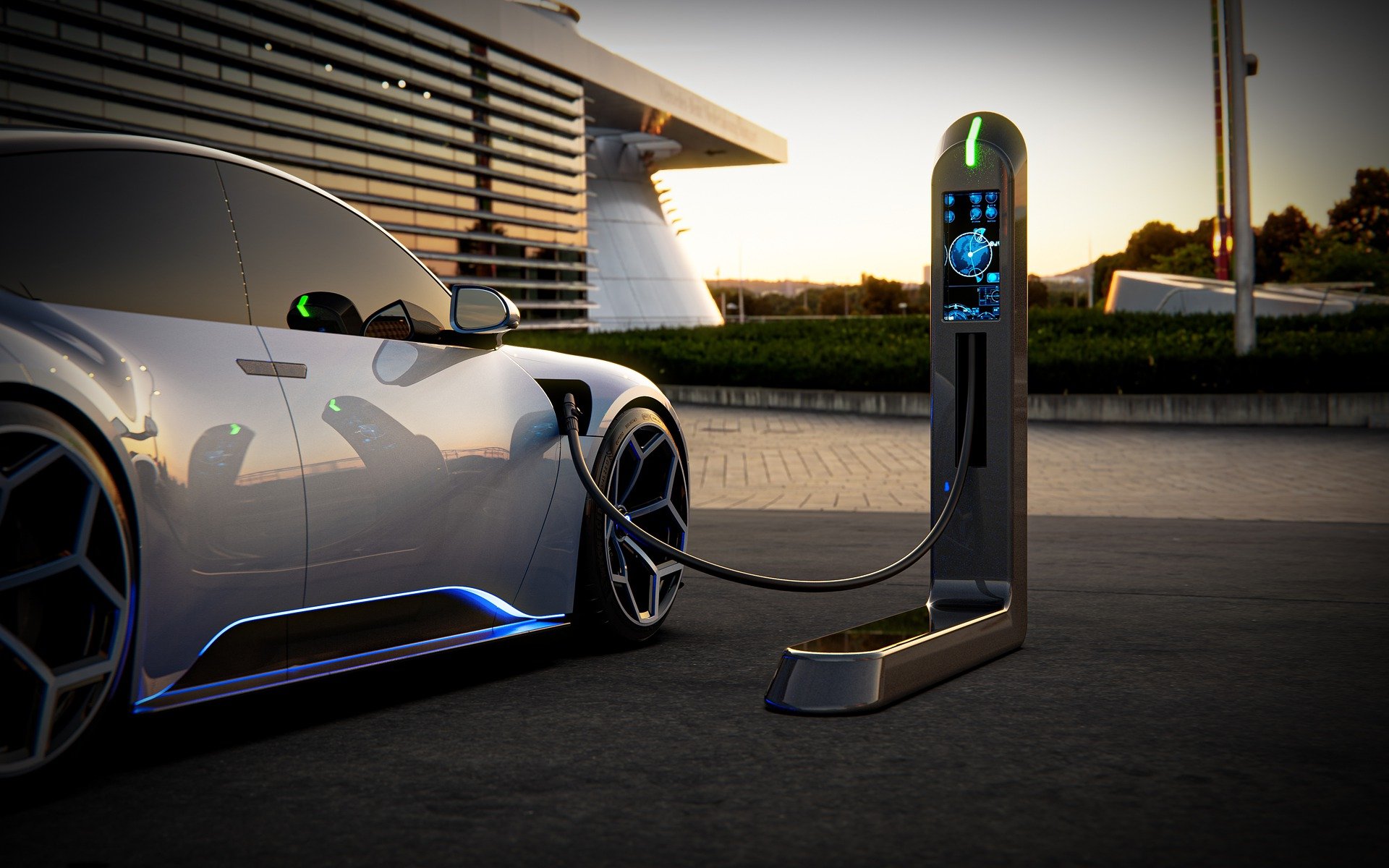Advances in Automotive Cooling Systems: The Unsung Hero of Engine Performance
Picture this: you're cruising down the highway, the wind in your hair, the hum of the engine beneath you. Suddenly, your car's temperature gauge starts to creep up. What's happening under the hood? Modern cars leverage cutting-edge cooling systems to keep engines performing optimally, a critical yet often overlooked aspect of automotive technology.

The Past: A Trip Down Memory Lane
Automotive cooling systems have evolved significantly over the years. From the primitive thermosyphon systems that relied solely on gravity and heat convection in the early 1900s, to the advent of pressurized cooling systems in the 1930s, each advancement served to improve engine longevity and performance. A key milestone was the introduction of antifreeze in the 1920s, a game-changer that allowed vehicles to operate in extreme weather conditions.
The Present: High-Tech Cooling Systems
Nowadays, cooling systems have become a marvel of engineering. Modern cars utilize a closed-loop liquid cooling system that uses coolant to absorb heat from the engine and dissipate it through the radiator. The system is regulated by thermostats and sensors. The latest advancements include dual-circuit cooling systems, which allow for separate cooling of the cylinder head and engine block, leading to increased efficiency, reduced emissions, and improved fuel economy.
The Future: Predictive Cooling Systems
The next frontier in automotive cooling systems lies in predictive technology. Manufacturers are exploring systems that can anticipate engine heat production based on driving conditions and adjust cooling operations accordingly. This type of ‘smart’ cooling system could further enhance engine performance, reduce fuel consumption, and cut down on emissions.
Impact and Relevance: Why Cooling Systems Matter
Understanding the importance of automotive cooling systems helps us appreciate the silent work that goes on under the hood. A well-functioning cooling system not only prevents engine overheating, but it also improves efficiency and longevity. By keeping the engine at an optimal operating temperature, it ensures maximum fuel combustion and minimizes wear and tear.
The Unsung Hero of Engine Performance
Cooling systems, often overlooked, are at the heart of every vehicle, silently working to keep engines running smoothly. From the early days of thermosyphon systems to today’s high-tech cooling solutions, their evolution mirrors the progress in the automotive industry. As we speed towards a future of smart, predictive cooling systems, it’s clear that the humble cooling system will continue to play a pivotal role in automotive performance.



